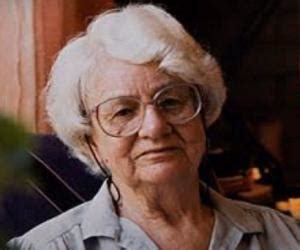A Quote by Emma Donoghue
I was highly aware, in writing [the book] ROOM, that there are unsavoury aspects to our interest in such cases, and I thought it was rather honester to include discussion of media representation in the novel itself than to cling to the high moral ground by merely avoiding scenes of voyeurism, for instance.
Related Quotes
The process of writing a book is infinitely more important than the book that is completed as a result of the writing, let alone the success or failure that book may have after it is written . . . the book is merely a symbol of the writing. In writing the book, I am living. I am growing. I am tapping myself. I am changing. The process is the product.
There are fewer media writers in traditional settings. That is a beat that many legacy brands cannot afford. On the other hand technology writers are writing about media in ways they didn't before. As a consequence of the shift, there is less interest in many ways in the activities at some media. If you look at coverage of media as whole, the decision-making at the three broadcast networks and the cable channels, for instance, is much less of a focus than it once was. The guts of what goes on at Fox or CNN or MSNBC probably has less impact than it once did. It certainly gets less attention.
When I decided to write a novel about Istanbul, I thought I should put the different faces of Istanbul into one book. I also put the characters in a cell, and it's three stories underground, rather than on the surface. The characters have one Istanbul, the other one is above ground. One is in dark, one is in light. That kind of contradiction - those opposite sides - creates a great energy in Istanbul.






































